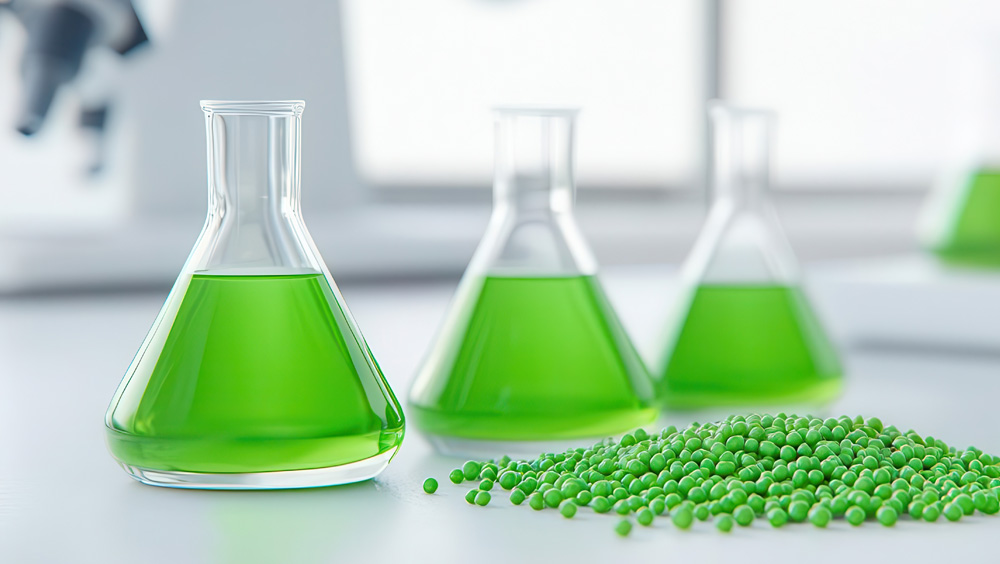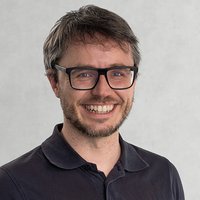Closed loop: How often can the material travel in a circle?
While mechanical recycling has long been established, new processes such as solvolysis and other chemical recycling processes raise many questions - and offer great opportunities. Legal requirements and customer expectations are increasing the pressure on the industry. The SKZ is actively pursuing these challenges - in research as well as in training and further education.

Advanced recycling is attracting great interest. (Source: Adobe Stock 1034260904/Nattapun)
Material recycling is widespread in the plastics industry - the re-melted sprue saves raw material costs and conserves resources. However, traditional remelting has its limits: Material changes and the accumulation of foreign substances mean that plastics cannot be recycled as often as required. The legal definition of “recyclate” (Section 4 (1) KrWG) is also becoming increasingly precise and calls for more advanced solutions.
Focus on physical and chemical alternatives
When filtration and degassing are no longer sufficient, new approaches are needed. Recycling processes based on physical principles such as the dissolution of polymers offer promising alternatives here. Chemical processes that break down polymers into oligomers or even monomers are also increasingly coming into focus. However, research in this area is still in its infancy in many places - as is the transfer of knowledge.
Research at SKZ: Recycled materials from textile fibers and PET bottles
At the SKZ Plastics Center, research is being conducted into solvolysis processes under the leadership of Theresa Forster, Scientist Compounding and Extrusion. These enable the depolymerization of polyesters - not only from PET bottles, but also from textile fibres.
“Our aim is to develop new raw material sources for polyol-based adhesives,” says Forster, who is investigating how such processes can be continuously transferred to extruder screws as part of the IGF project ‘RezyBond’ (“PET recyclate as a multifunctional raw material for polyol-based adhesives”, funding code 01IF22951N).
Online course “Advanced Recycling” meets with a great response
The strong interest in these innovative processes is also reflected in the demand for the SKZ's new online course “Advanced Recycling”. "The course, which covers these methods in depth, was fully booked within a very short time. We are therefore very pleased to be able to offer an additional course date," explains Mathias Ruckdeschel, Senior Trainer at SKZ.
The additional date will take place on May 28, 2025. Interested parties can find all information and register here.


